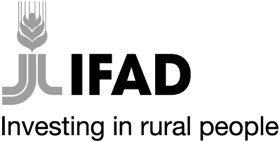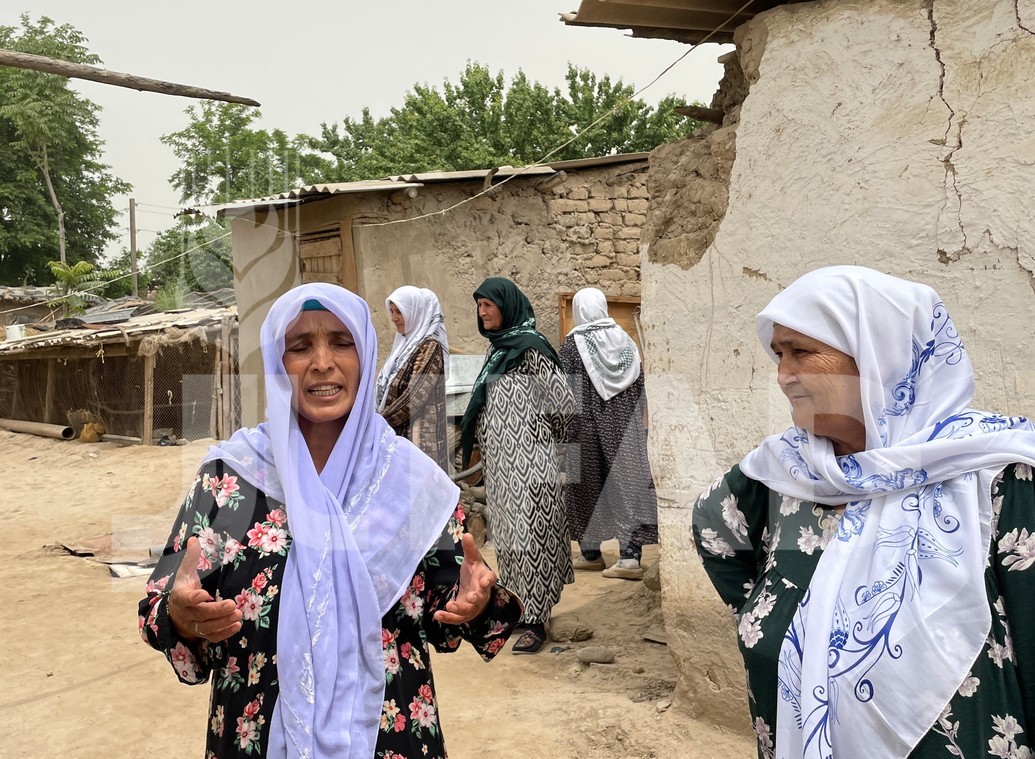| ID: | 76443 |
|---|---|
| Country: | Tajikistan |
| Title: | Tajikistan - Community-based Agricultural Support Project (CASP) - May 2022 |
| Description: |
Oisha Agliddinovа (left) is a member and Oimposho Mahmadshoeva (right) is Head of one of of two women income-generating groups (WIGG) for poultry production established by the Community-based Agriculture Support Project (CASP) in April 2021 in Ayni Village, Jaihun District. “Our village has completely changed since receiving the agricultural equipment, improved seeds and fertilizers, and of course the incubators and turkeys that the project gave to our women’s groups. The most challenging lesson for us has been how to feed the poultry properly. Of course, we always kept free-range poultry here in our rural setting, but we didn’t really know how to care for them properly. With training and the equipment, we learned that we can make a good income.” Head of WIGG CASP provided each group with one incubator, and each of the 16 women selected from low-income families received ten turkeys. They used the incubators to hatch eggs from their own free-range poultry - ducks, chickens and turkeys - and sometimes bought more eggs to hatch from neighbours. In the first year, group members hatched 1750 chicken eggs and 472 turkey eggs. They sell chicks in the local markets when they are about two months old. But turkeys have a greater value when they are more mature, so they keep them longer – up to as much as three years. The women sell two-month-old chickens for 15 somoni ($1.50). A three-year-old turkey sells for about 300 somoni. Traditionally, rural women in Tajikistan have limited access to economic opportunities and decision-making. The CASP is ensuring that women have a voice in their village organizations. Based on priorities defined by its women members, the Village Organization established income-generating groups for them to engage in diversified activities, such as poultry production and food processing. Women income generation activities diversify beyond livestock and subsistence farming to higher-value, market-oriented livelihoods. Women were selected for participation in the group through a fine-tuned participatory approach at community level, and prioritized women from poor households, women-headed households and young families. By selling chicken and eggs, the women have been able to significantly improve their standard of living and provide nutritious food for their families. They also save, with plans to diversity their income-generating activities. Already, they have used their profits to build a greenhouse where they are growing lemons, and are saving their money to buy a dairy cow. In a sense of solidarity with women who were not selected to participate in the WIGGS, Oisha and her group have given many young chicks to other women from needy households. In the first five months of 2022, they shared 160 chickens and turkeys with their neighbours, thus helping them also improve their household nutrition and income. The Community-based Agricultural Support Project (CASP) is building on the significant achievements of the earlier Livestock and Pasture Development Project to stimulate inclusive economic growth and poverty reduction in rural Tajikistan. Since 2018, the CASP has provided benefits to more than 51,000 households in 177 rural villages in Khatlon Oblast, Soghd and Republican Subordination Regions. Its activities are helping communities and smallholder (dehkan) farmers access productive infrastructure and services, leading to sustainable agricultural production, equitable income-generating opportunities and improved living standards. The CASP works with Village Organizations (VOs) to develop community-driven action plans that define their own improvement initiatives. Village-level participation in decision making is critical to the success of these plans and helps establish a sense of community ownership and cohesion. |
| Size: | 2.67 MB; 3004 x 2204 pixels; 254 x 187 mm (print at 300 DPI); 795 x 583 mm (screen at 96 DPI); |
| Show more details: | Didor Sadulloev |
| Copyright: | © IFAD/ Didor Sadulloev |
| Categories: | none |
| URL: | www.ifad.org |

